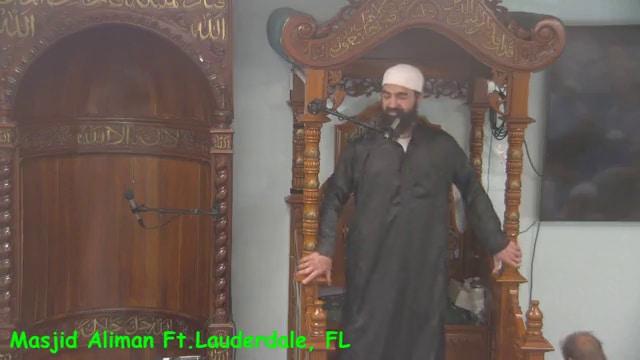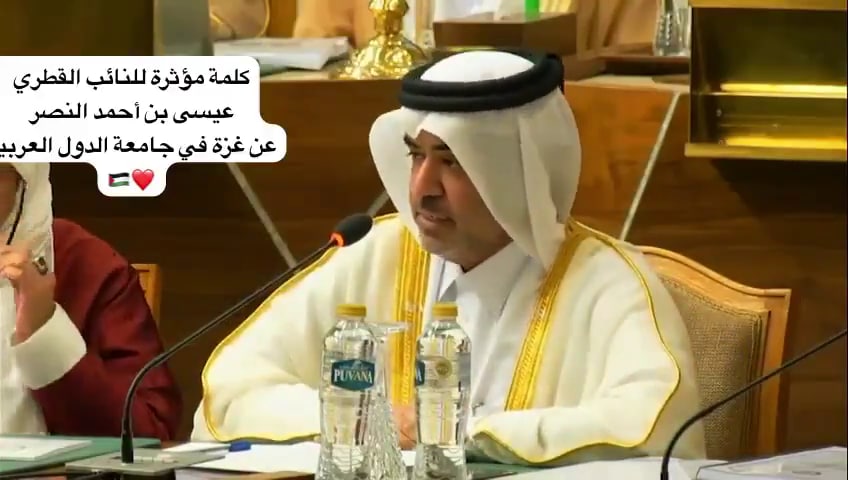
The following excerpts are from an Al-Arabiya TV debate on women driving in Saudi Arabia, which aired on May 14, 2010.
Islamic researcher Ahmad bin Baz, son of former Saudi Mufti: No one says that Islam forbids women from driving per se. None of our sheiks, today or in the past, has ever said this. Those who want to forbid women from driving base themselves on the principle of “blocking lawful means to an unlawful end.” We are here to discuss these “means.”
TV host: So the decision to forbid women from driving was based on this principle?
Ahmad bin Baz: Yes. In addition, we must consider the context of the fatwas on this issue. We must not take them out of context.
[...]
The most dangerous experience that Saudi Arabia underwent in modern times was the Iraq war of 1991, and the occupation of Kuwait by Iraq, which threatened Saudi Arabia. Back then, as everyone knows, Saudi Arabia relied upon the US and foreign forces. Then many preachers of the so-called “awakening” gained prominence, and they staunchly opposed this [foreign] intervention. They said that this intervention was a form of occupation and of neo-colonialism, and ultimately, a new Crusader war. They said that this war would generate a total change in the ideology of this country.
TV host: This is when the issue of women driving was raised.
Ahmad bin Baz: The important thing is that it was not a call... A group of women held a demonstration, calling to break this taboo and to allow women to drive. The “Awakening” preachers said that this was not a call to allow women to drive, but rather, a call for women’s liberation and casting off [the traditions] of Islam – like in Egypt of the 1920’s, with the calls for liberation made by Huda Sha’rawi, Sa’d Zaghloul, and others. They said this is an issue of casting off [the traditions] of Islam. If you consider these circumstances, and how they mobilized the public, using the mosque pulpits…
TV host: The fatwa was issued under these circumstances.
Ahmad bin Baz: Yes, the fatwa was issued under these circumstances, in order to strengthen national unity, in the face of this [Iraqi] enemy and the imminent dangers. We must consider this fatwa in the context of these circumstances.
[...]
Former Saudi MP Dr. Muhammad Aal Zulfa: Discussion of this issue began on May 2005. Now it is May 2010.
TV host: It has been five years.
Dr. Muhammad Aal Zulfa: Exactly, five years. Many things have changed in the world – governments, countries, and so on – yet we are still discussing whether women should be allowed to drive.
TV host: Even though women are backseat drivers, giving you orders to go right or left.
Dr. Muhammad Aal Zulfa: Our society is portrayed totally differently than it is. Some describe us as a society of beasts, who would attack a woman if they saw her driving.
[...]
Would you believe that our religious establishment allowed the mixing of men and women in intimate circumstances?! There are 740,000 foreign chauffeurs – and this is a modest figure – who are alone with our wives for many hours every day, in cars no more than 1.5 square meters in size.
[...]
Ahmad bin Baz: When we view women as lesser humans than men, and think that corruption can be expected of women – this is very dangerous. A car is a means to an end. A man driving a car can use it for proper purposes, such as going to study or for his business, or else he can use it in order to steal, to harm people, to go on reckless car rides, to kill people, or anything. A car is a means to an end. If a person uses it appropriately, it is permitted, but if he uses it in forbidden ways, then it is forbidden.
[...]
Dr. Muhammad Aal Zulfa: I think we all agree that there is no religious prohibition on this. Socially, our society is ready and has no problem with this. This is a political decision. The decision-makers must spare our country the embarrassment, and spare our women and children the harm caused by these foreign chauffeurs, who abuse our sons and daughters.













